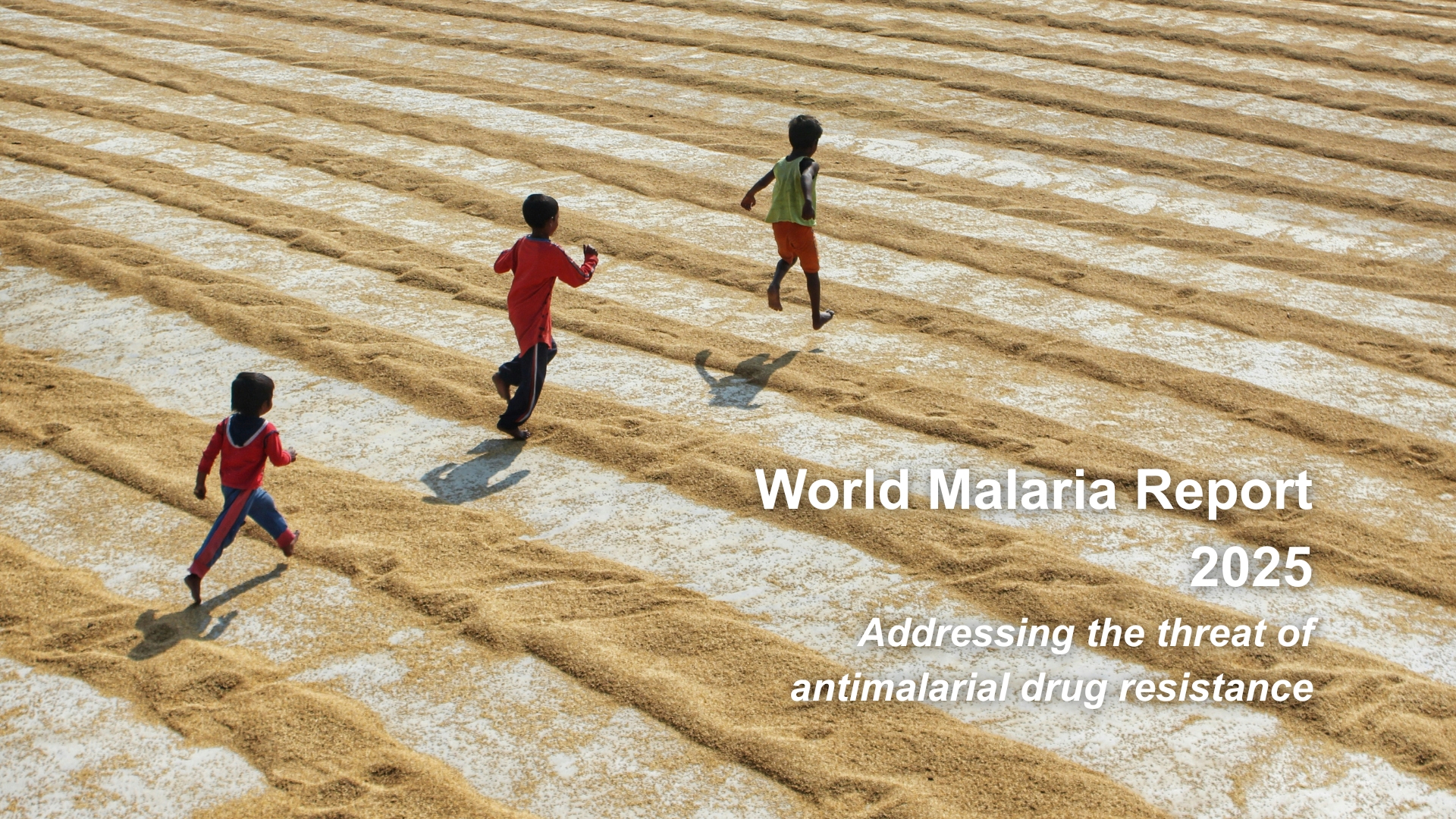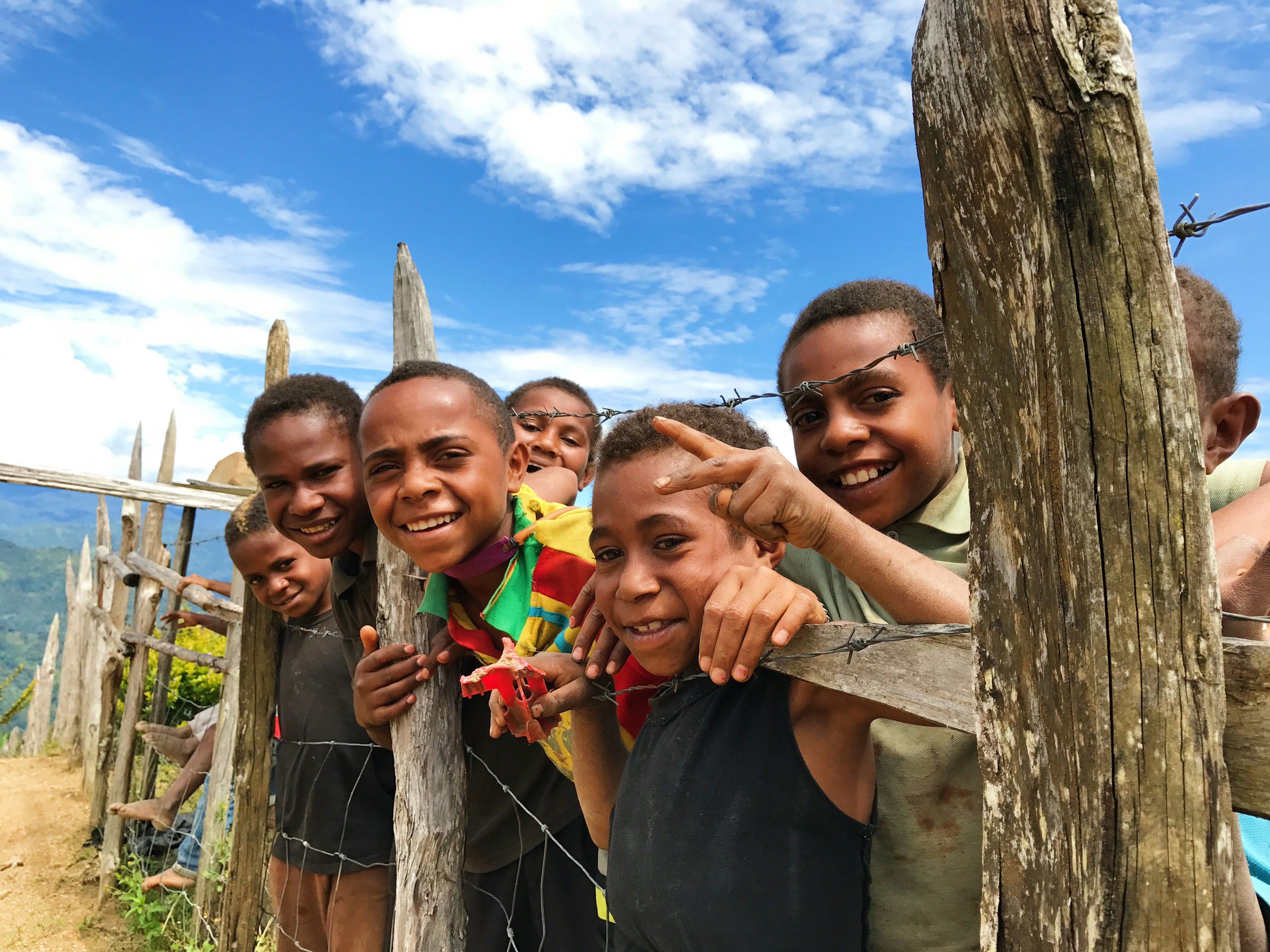
Port Moresby, Papua New Guinea – June 11, 2024 – Prime Minister James Marape reaffirmed Papua New Guinea (PNG)'s commitment to eliminating malaria at the closing remarks of the 8th Asia Pacific Leaders' Summit on Malaria Elimination. The Summit, hosted by the PNG Government in partnership with the Asia Pacific Leaders Malaria Alliance (APLMA), brought together Ministers from PNG, Solomon Islands, and Timor-Leste, along with Governors from Oro Province and the National Capital District. A total of over 150 representatives, including those from Papua New Guinea and 23 other countries, participated in the Summit.
.jpeg)
The Summit also featured a Provincial Leaders Forum, where leaders from across PNG provinces discussed strategies for malaria control and elimination. They acknowledged the initial successes of recent interventions, such as new vector control tools and community-driven initiatives. However, challenges like financial constraints, limited human resources, and gaps in coordination between national and provincial health authorities were also highlighted. The forum identified potential areas for joint efforts, including mobilizing resources, integrating malaria control into existing primary care systems, and facilitating knowledge exchange to develop innovative intervention approaches.
The Prime Minister reiterated the Government of PNG's commitment under the National Health Plan 2021-2030 to eliminate malaria by 2030, while acknowledging the substantial challenges ahead including climate change, financing, access, and workforce constraints. He drew attention to the global success of 44 countries in eliminating malaria, stating,
"It is a high goal that by 2030 we want to eliminate malaria. But like some may doubt, for me, as the government and head of this government, and whoever will come after me going forward, there is no better aspiration than the aspiration of saving lives in our country.”
In response to these success stories and the acknowledged challenges, Health Ministers from Papua New Guinea, Indonesia, Timor-Leste, Vanuatu, and Solomon Islands signed a Call to Action, establishing the "Eliminating Malaria and other Vector-Borne Diseases through Enhanced Regional Partnerships (EDEN) Initiative." This initiative aims to tackle these public health issues through fostering cross-border collaboration, sharing expertise and surveillance data, and pooling resources. This united regional approach signifies a significant step forward in the fight for a malaria-free future.
In his closing remarks, Prime Minister Marape urged collective action:
"Through this enhanced regional partnership, I look forward to our own government's contribution, not just for PNG, but also for our cousins in the region to the west and to the east.”
###
Press contact: Alta Alonzi (aalonzi@aplma.org) / Tamara Amalia (tamalia@aplma.org)
Notes to editor:
About Eliminating Malaria and other Vector Borne Diseases through Enhanced Regional Partnerships (EDEN) Initiative
Mosquito-borne diseases like malaria, dengue, and Zika are a constant threat in Indonesia, Papua New Guinea, Solomon Islands, Timor-Leste, and Vanuatu. These illnesses cause widespread sickness and death, jeopardising the health of entire regions. The situation is further compounded by rising sea levels, extreme weather events, and unpredictable weather patterns. These factors disrupt access to clean water and food, create ideal breeding grounds for disease-carrying insects, and damage vital infrastructure. This makes it incredibly difficult for these island nations to achieve their health goals.
To combat this complex challenge, the EDEN Initiative proposes a regional approach. This initiative is envisioned as a support system, not a replacement for existing national efforts. It will focus on improving collaboration and efficiency in tackling malaria and other vector-borne diseases across the five island nations.
The EDEN Initiative will focus on three key areas:
• Strengthening Programs: The initiative will connect countries with long-term technical expertise, improve regional disease surveillance through standardised data collection and analysis, and foster cross-border collaboration for faster detection and treatment of cases.
• Building Capacity: The initiative will organise regional training programs to equip healthcare workers with the latest tools and knowledge. It will also conduct research on innovative approaches to diagnostics, treatment, and vector control.
• Securing Resources: A prominent regional leader will be appointed as an initiative champion to raise awareness, advocate for political commitment, and secure resources. The initiative will also explore innovative financing options to support national efforts, particularly in areas with a high disease burden.
.svg)


.jpg)






